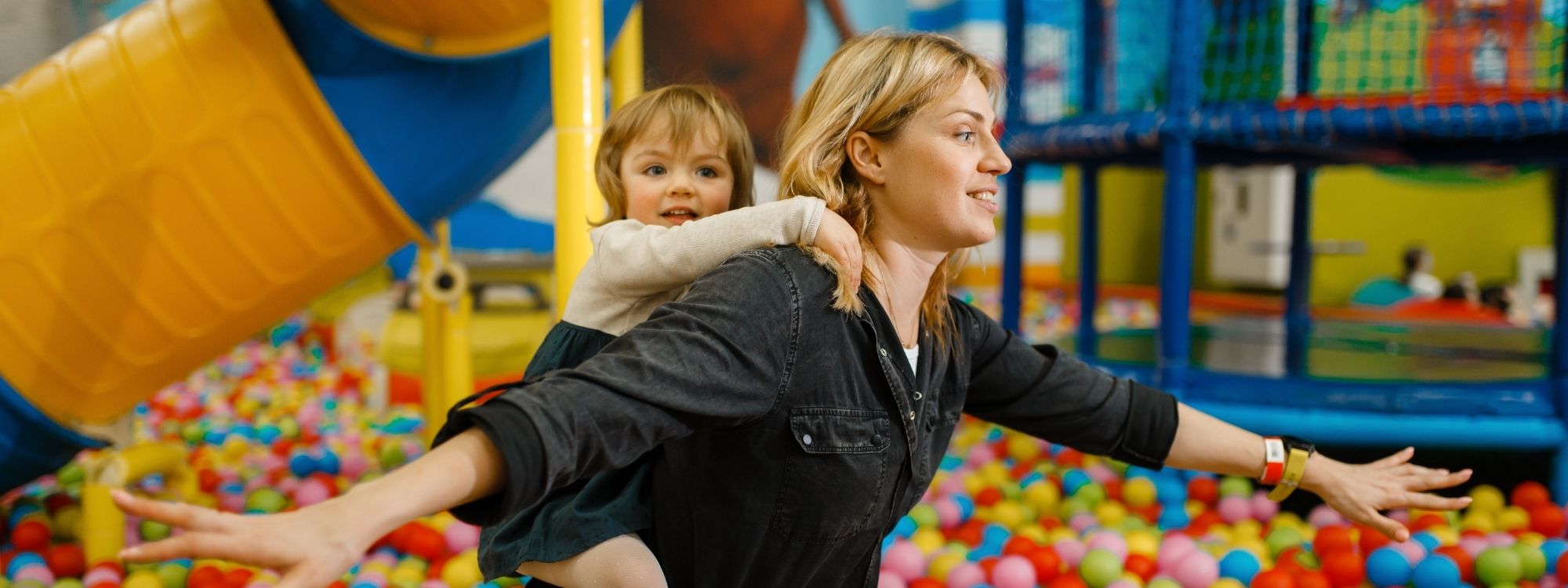Introduction to Autism Spectrum Disorder
One of the most common questions families ask after a diagnosis is: Is there a cure for autism? The short answer is no, autism spectrum disorder (ASD) is not a disease that can be “cured.” Instead, it is a complex neurodevelopmental condition that affects brain functioning, communication, and behavior. Treatments are available, but they aim to support development and improve quality of life rather than eliminate the condition itself.
The term “spectrum” highlights the wide range of characteristics, abilities, and challenges experienced by autistic individuals. Some people may have mild symptoms and live independently, while others may require lifelong support. With early intervention and individualized therapy, many children and adults with autism can make meaningful progress.
Understanding Autism Symptoms
Autism symptoms generally fall into two categories: challenges with social communication and restricted or repetitive behaviors. These symptoms can vary in intensity and presentation from person to person.
Examples include:
- Limited eye contact or difficulty reading facial expressions
- Delayed speech or nonverbal communication
- Repetitive movements such as hand flapping or rocking
- Highly focused interests or strict routines
Understanding these common characteristics helps caregivers and health care providers identify autism early and develop tailored support strategies. Research shows that early diagnosis and treatment can significantly reduce symptoms and improve daily living skills.
Autism Research and Development
There is currently no known cure for autism, but extensive research is underway to improve treatments and understand the condition’s causes. The National Institute of Mental Health and other leading institutions fund studies exploring genetics, brain development, and environmental factors.
Some promising developments include:
- Genetic testing to identify markers linked to autism risk
- Neuroimaging studies that reveal differences in brain structure and function
- Clinical trials focused on improving adaptive behaviors, sensory regulation, and communication skills
Organizations like Autism Speaks continue to advocate for increased research funding and public awareness. While a “cure” remains elusive, these efforts help refine therapy approaches and support better outcomes.
Autism Treatment Options
Autism treatment focuses on managing symptoms, improving communication, and enhancing life skills. No two treatment plans are the same, they should be tailored to each individual’s strengths, challenges, and developmental level.
Evidence-based treatment options include:
- Applied Behavior Analysis (ABA): A structured, goal-driven therapy that improves social and learning skills through reinforcement techniques.
- Speech therapy: Helps individuals develop verbal and nonverbal communication skills.
- Occupational therapy: Enhances fine motor skills, sensory integration, and daily living abilities.
- Physical therapy: Improves coordination, balance, and physical functioning.
In some cases, healthcare providers may also recommend medications like antipsychotic drugs to manage behaviors such as aggression, anxiety, or hyperactivity. However, medication is not a standalone treatment for autism and should always be used in conjunction with therapies.
Complementary and Alternative Treatments
Some families explore complementary or alternative therapies alongside conventional treatment. While these options may offer benefits for certain individuals, they should be approached with caution and professional guidance.
Common alternative approaches include:
- Special diets (e.g., gluten-free or casein-free)
- Nutritional supplements
- Sensory integration therapy
- Music or animal-assisted therapy
The Centers for Disease Control and Prevention (CDC) and most experts emphasize that alternative treatments should not replace evidence-based therapies. Always consult with your child’s healthcare providers before making changes to the treatment plan.
Mental Health Considerations
Mental health conditions such as anxiety, depression, and obsessive-compulsive behaviors are common among autistic individuals. These conditions can amplify existing challenges and impact the overall quality of life.
Support strategies include:
- Adolescent psychiatry services
- Cognitive behavioral therapy (CBT)
- Social skills groups
- Medication when appropriate
It is essential for healthcare providers to screen for co-occurring mental health issues and include mental health support in the broader treatment plan. Addressing emotional and psychological well-being contributes significantly to long-term success.
Early Intervention and Support
Early intervention is one of the most effective ways to support autistic children. When therapy starts during early childhood, the brain is more adaptable and responsive to change.
Intervention services may include:
- Speech and language therapy
- Behavioral interventions like ABA
- Occupational and physical therapy
- Parent training and support groups
Families should seek professional guidance as soon as developmental delays or behavioral concerns arise. Even if a diagnosis is not confirmed immediately, beginning supportive therapy can still be beneficial.
The Role of Health Care Providers
Healthcare providers play an essential role in recognizing autism, guiding treatment, and coordinating care. Pediatricians, developmental pediatricians, and child psychologists are often the first point of contact for families.
Their responsibilities include:
- Conducting developmental screenings
- Referring to specialists for diagnostic evaluations
- Helping families build individualized treatment plans
- Monitoring progress and adjusting therapies as needed
Collaboration between parents and healthcare providers ensures a consistent and effective approach to treatment.
Autism Spectrum Disorder (ASD)
Each autistic person is unique, with a wide range of strengths and challenges. Some may excel in math or art, while others struggle with basic daily tasks. Treatment should always be personalized to meet the individual’s specific goals and needs.
It’s also important to recognize and respect neurodiversity. Autism is not something to “fix,” but rather a condition to understand and support with compassion. Emphasizing individual differences helps shift the narrative from cure to capability.
Supporting Autistic People
Supporting autistic individuals requires collaboration among families, educators, healthcare providers, and communities. Inclusion and awareness efforts make a significant difference in access to care and social acceptance.
Key support areas include:
- Education accommodations and IEPs
- Workplace training and job support
- Community-based recreational programs
- Advocacy and peer mentorship opportunities
Empowering autistic people means listening to their voices, celebrating their strengths, and meeting their support needs with dignity and respect.
Conclusion
While there is no known cure for autism, early intervention and appropriate therapies can lead to meaningful improvements in communication, social skills, and overall quality of life. Treatment is not about erasing autism but about empowering individuals to live well and thrive. Through ongoing research, tailored support, and a compassionate community, autistic individuals can lead rich, fulfilling lives with the resources they need to succeed.
Looking for expert guidance after an autism diagnosis? At Champions ABA, we help families navigate autism treatment with personalized support plans rooted in evidence-based care. From ABA therapy to communication and social skills training, our compassionate team is here to empower your child’s development. Call (877) 242-1744 or visit our website to get started today.
FAQs
Can an autistic child be normal?
The term “normal” is subjective and often unhelpful. Autistic children may develop differently than their peers, but they can live happy, fulfilling lives with the right support. Autism doesn’t define a person’s worth or limit their potential.
Can children with autism live normal lives?
Yes, many children with autism grow up to live independently, pursue careers, and build relationships. Early intervention, personalized therapies, and supportive environments greatly increase their chances of success and independence.
Is there ever going to be a cure for autism?
Currently, there is no medical cure for autism. However, ongoing research is focused on understanding the condition better and developing treatments that improve quality of life. The goal is to support, not cure, neurodivergent individuals.
Can you still be normal with autism?
Absolutely. Autism is just one aspect of a person’s identity. Many autistic people lead productive, meaningful lives. Embracing neurodiversity helps foster inclusion and encourages society to value differences rather than “normalize” everyone.



